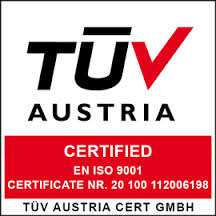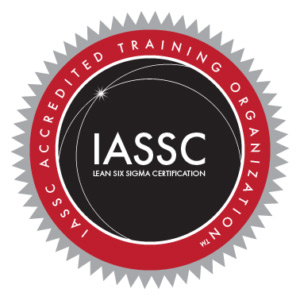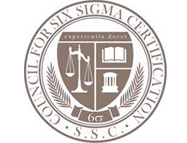Legal Aspects of International Trade
At first glance, the flow of international trade appears absolutely seamless: a growing number of imports and exports continue to cross international borders; online goods and services are bought, sold and shipped all over the world; enterprise offices and franchises are opened in numerous markets; and supply chains are extended to those foreign countries that offer the greatest opportunity to most effectively manage costs and production. In reality, doing business in today’s international market is achieved in a complex web of cultural, economic and political disparities.
FITTskills Legal Aspects of International Trade (LAIT) introduces the audience to the intricate international legal framework that enables individuals, businesses and governments to successfully and legally exchange goods and services across borders. Through cooperation between private enterprises and intergovernmental organizations, the international community has already lowered trade barriers around the world. The work of harmonizing the legal frameworks and trade agendas of individual nations through treaties, conventions, agreements, model laws and effective methods for dispute resolution continues.
LAIT outlines the concepts and sources of public and private international law. It discusses the international organizations, such as the United Nations and the World Trade Organization, whose work has enabled developed countries to expand their trade agendas fairly and has brought developing countries into international trade. LAIT also explains the impact international conventions such as the Vienna Sales Convention and regional trade agreements such as NAFTA have on the flow of business between countries. It clarifies the effect of national legislation, regulations and court systems on national and international business, and describes how legislation contributes to the market appeal a nation will have for international traders. Emerging legal, ethical and technological challenges the international community will face as the trend towards globalization of trade continues are also introduced.
In addition to the legal frameworks governing international trade, LAIT describes the absolute necessity of due diligence when negotiating firm and transparent contracts that specify the rights and obligations of parties involved in the sale of goods and or services. Solid contracts and any additional sub contracts or agreements reduce trade risks associated with issues of legal jurisdiction, payments, currency, transportation, delivery, quality, intellectual property rights, partnerships, investments, confidentiality and dispute resolution.
Whether you are an entrepreneur currently invested in the international trade market, a business person contemplating an international endeavour or a professional committed to expanding your general knowledge of the legalities of international trade, this course will be invaluable. After completing this course, you will have a solid understanding of the international legal frameworks within which trade is conducted, as well as best practices for navigating the complexities of international trade laws governing imports, exports, taxation, product liability, intellectual property and anti-competition.
FITTskills Legal Aspects of International Trade (LAIT) introduces the audience to the intricate international legal framework that enables individuals, businesses and governments to successfully and legally exchange goods and services across borders. Through cooperation between private enterprises and intergovernmental organizations, the international community has already lowered trade barriers around the world. The work of harmonizing the legal frameworks and trade agendas of individual nations through treaties, conventions, agreements, model laws and effective methods for dispute resolution continues.
LAIT outlines the concepts and sources of public and private international law. It discusses the international organizations, such as the United Nations and the World Trade Organization, whose work has enabled developed countries to expand their trade agendas fairly and has brought developing countries into international trade. LAIT also explains the impact international conventions such as the Vienna Sales Convention and regional trade agreements such as NAFTA have on the flow of business between countries. It clarifies the effect of national legislation, regulations and court systems on national and international business, and describes how legislation contributes to the market appeal a nation will have for international traders. Emerging legal, ethical and technological challenges the international community will face as the trend towards globalization of trade continues are also introduced.
In addition to the legal frameworks governing international trade, LAIT describes the absolute necessity of due diligence when negotiating firm and transparent contracts that specify the rights and obligations of parties involved in the sale of goods and or services. Solid contracts and any additional sub contracts or agreements reduce trade risks associated with issues of legal jurisdiction, payments, currency, transportation, delivery, quality, intellectual property rights, partnerships, investments, confidentiality and dispute resolution.
Whether you are an entrepreneur currently invested in the international trade market, a business person contemplating an international endeavour or a professional committed to expanding your general knowledge of the legalities of international trade, this course will be invaluable. After completing this course, you will have a solid understanding of the international legal frameworks within which trade is conducted, as well as best practices for navigating the complexities of international trade laws governing imports, exports, taxation, product liability, intellectual property and anti-competition.















